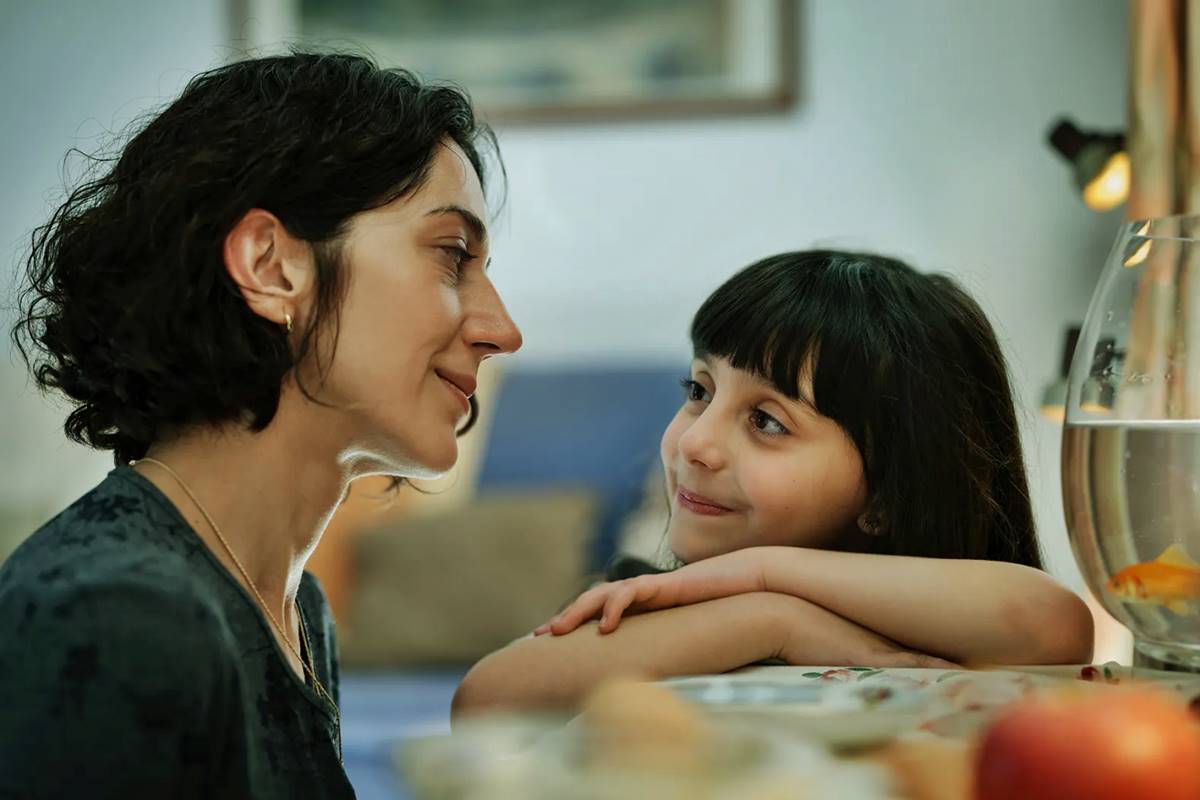Iran approves ‘Hijab and Chastity Bill’ with harsh penalties
Iran’s parliament has given its approval to the ‘hijab and chastity bill,’ which introduces stringent penalties for violations of mandatory…
Noora Niasari’s ‘Shayda’ defies Iranian censorship, igniting global discourse on resilience and cultural representation in cinema.

Screengrab from 'Shayda'
Noora Niasari, the talented filmmaker behind “Shayda,” faces a unique plight with her groundbreaking film. The movie, which captures the essence of female defiance amidst the backdrop of Iranian society, has garnered significant acclaim since its debut at Sundance 2023.
Inspired by real-life events and set against the tumultuous backdrop of 1995 Iran, “Shayda” delves into the poignant story of a mother’s resilience amid domestic turmoil. Niasari draws from her own family’s experiences, particularly her mother’s journey, to craft a narrative that celebrates Persian culture while shedding light on issues of abuse and cultural complexities.
Despite its critical success and international recognition, “Shayda” remains banned in Iran, a consequence of its unflinching portrayal of sensitive subjects and the lack of copyright laws in the country. However, Niasari finds solace in the unintended dissemination of her film through bootleg copies, offering a glimmer of hope for Iranians eager to engage with its powerful message.
Advertisement
For Niasari, “Shayda” is more than just a film; it’s a testament to the resilience of Iranian women and a means to challenge stereotypes perpetuated by past cinematic portrayals. Through her work and alongside fellow Iranian diaspora filmmakers, she aims to redefine the narrative surrounding Iranian identity and inspire a new generation of storytellers.
Despite the challenges and risks associated with her art, Niasari remains unwavering in her commitment to authenticity and representation. The recognition and support she receives, both internationally and from unexpected corners of Iran itself, serve as a testament to the universal resonance of her story.
As “Shayda” continues to captivate audiences and spark important conversations worldwide, Niasari’s hope for a more inclusive and nuanced depiction of Iranian cinema grows stronger. With each viewing, her film serves as a beacon of empowerment for those who see themselves reflected in its characters and themes.
Advertisement